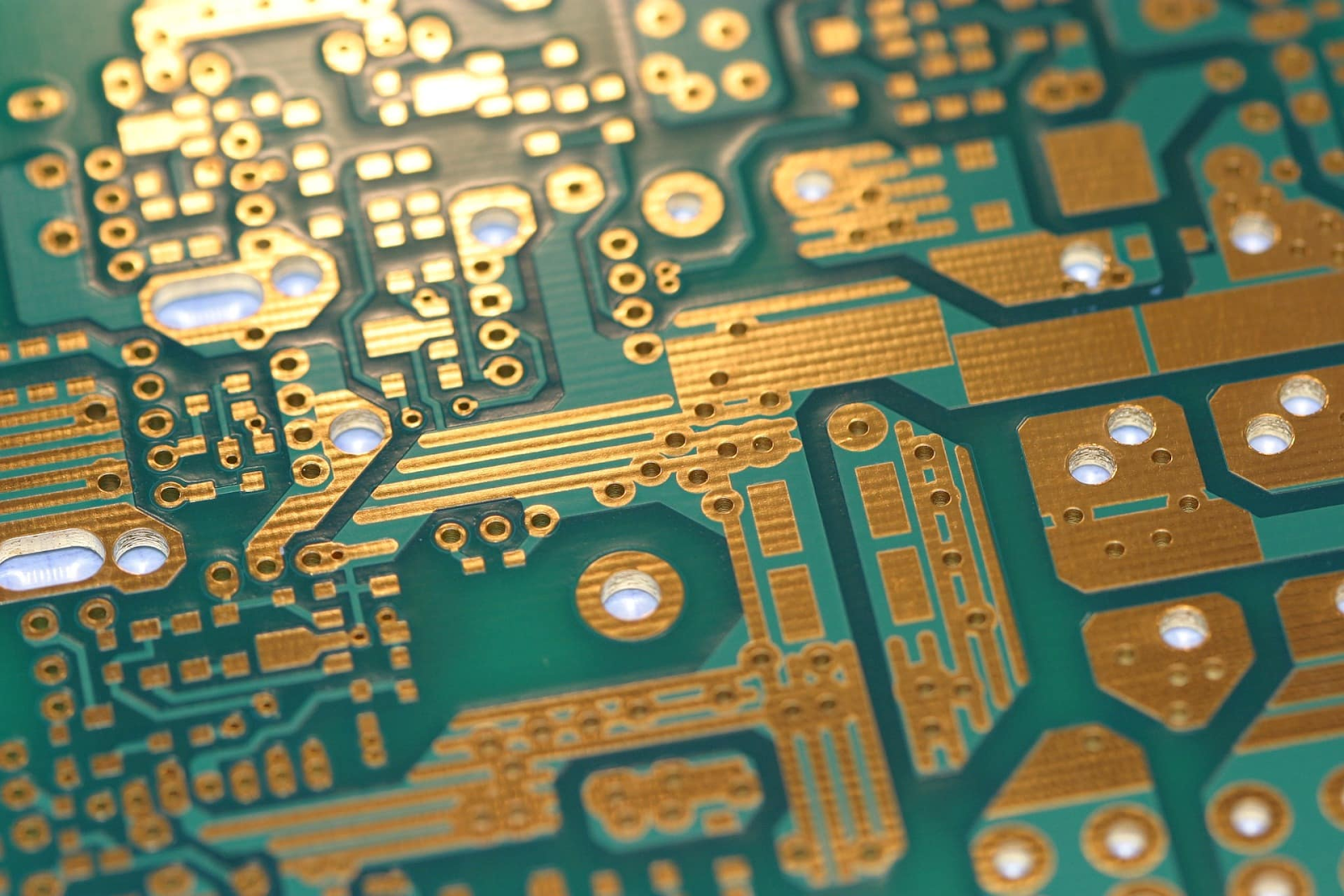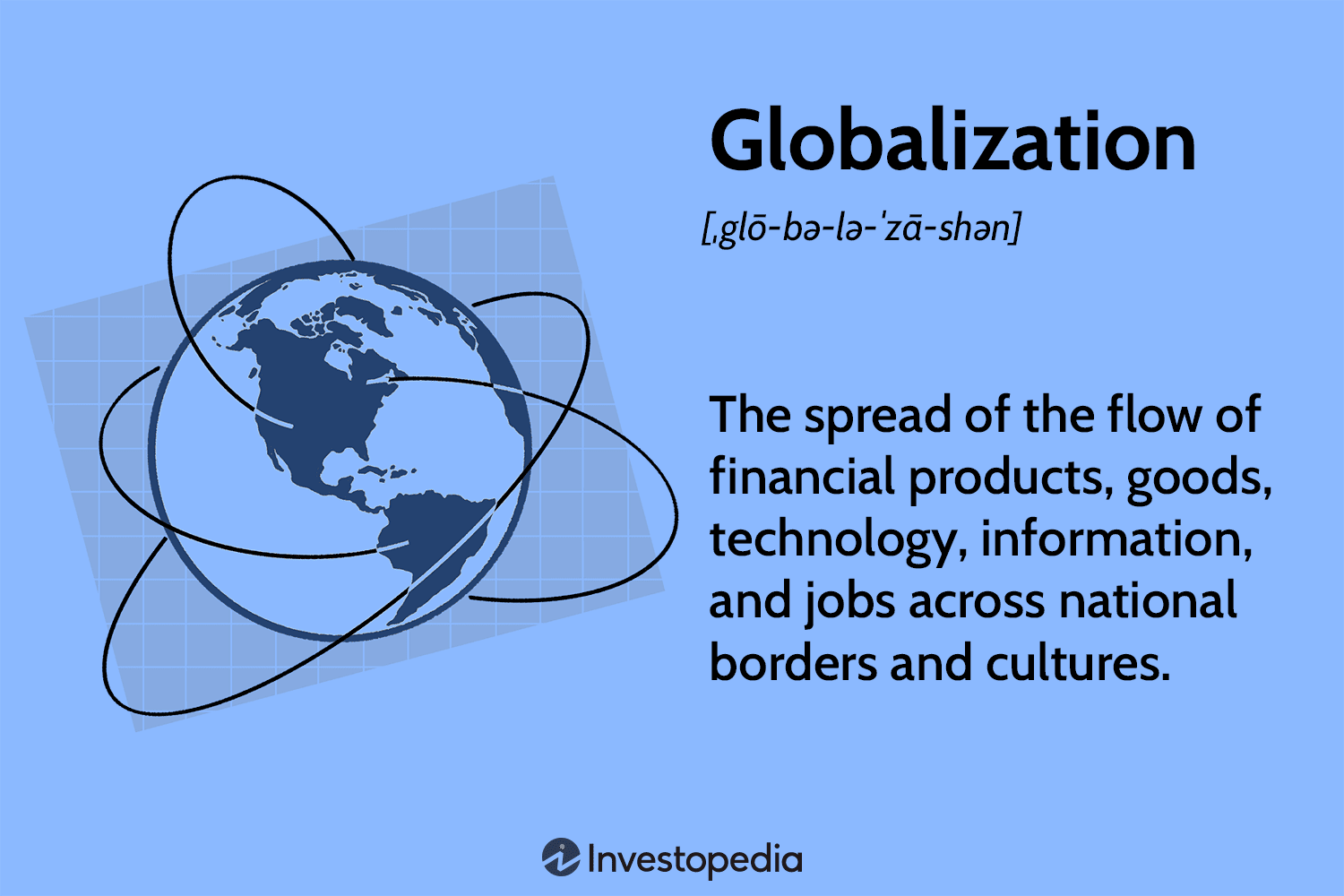EcoTech Empowerment: MicroSolutions for Progress
Hello, to provide you with some context, I am currently pursuing a degree in Embedded Systems Engineering, with a major focus on microcontrollers. Microcontrollers are integrated circuits housed within Printed Circuit Boards (PCBs), and they offer a wide range of functionalities that can significantly impact both ordinary and non-ordinary aspects of life. The versatility of microcontrollers and their pervasive presence in today's world make them a valuable asset in addressing the unique challenges faced by third-world countries.
Leveraging Microcontrollers for Empowerment: With my background in embedded systems engineering, I envision utilizing the capabilities of microcontrollers to design and implement solutions that empower people in third-world countries. Here's how I see this taking shape:
1. Affordable Customized Solutions: Microcontrollers are incredibly versatile and can be tailored to serve specific purposes. By developing low-cost embedded systems tailored to local needs, we can address challenges like clean water access, healthcare monitoring, and agricultural automation. For instance, a microcontroller-based water quality monitoring system can help ensure safe drinking water in remote areas. To make these solutions financially accessible, we would seek funding from a combination of sources, including government grants, philanthropic organizations, and potentially microfinance initiatives.
2. Partnerships with NGOs and Local Communities:** Collaboration is key. We would partner with non-governmental organizations (NGOs) with experience in the region and an understanding of the specific needs of the community. By working closely with local communities, we can ensure the embedded systems are tailored to their requirements, fostering a sense of ownership and long-term sustainability.
3. User-Friendly Design: It's vital that the solutions are user-friendly for those with limited technical backgrounds. We would invest in designing intuitive user interfaces and interactions, along with providing training and support to local individuals. Ease of use and maintenance is central to the success of the project.
4. Sustainability through Education: Education is a cornerstone of empowerment. Alongside deploying microcontroller-based solutions, we would establish educational programs to teach local communities how to maintain and repair the equipment. These skills not only promote self-sufficiency but also create opportunities for local economic development.
5. Energy Efficiency and Sustainability: Recognizing the energy constraints in many third-world regions, we would design microcontroller-based systems that are highly energy-efficient and capable of harnessing renewable energy sources like solar power. By reducing reliance on expensive and unreliable energy grids, these solutions promote sustainability while also saving costs in the long run.
In conclusion, my expertise in embedded systems engineering, with a focus on microcontrollers, presents an exciting opportunity to develop technology-driven solutions that address the unique challenges faced by third-world countries. By harnessing the incredible potential of microcontrollers and considering funding sources, partnerships, user-friendliness, and sustainability, we can improve living conditions, promote self-reliance, and create new opportunities for these communities, ultimately making the most of the global reach of microcontroller technology.


Comments
Post a Comment